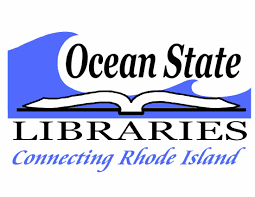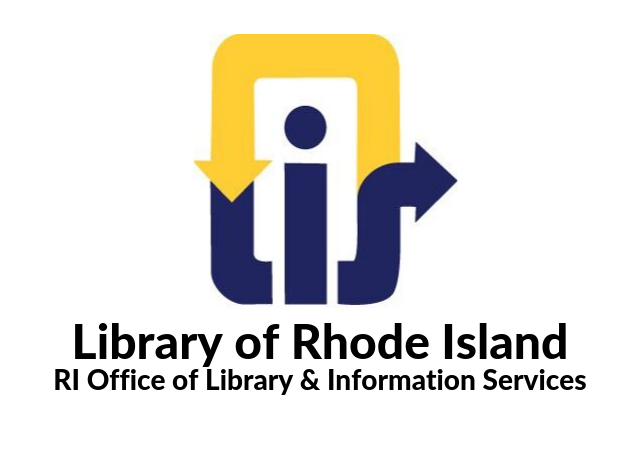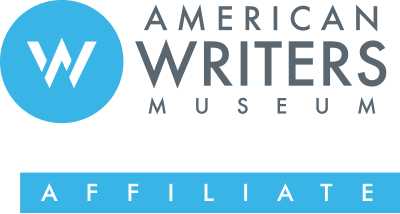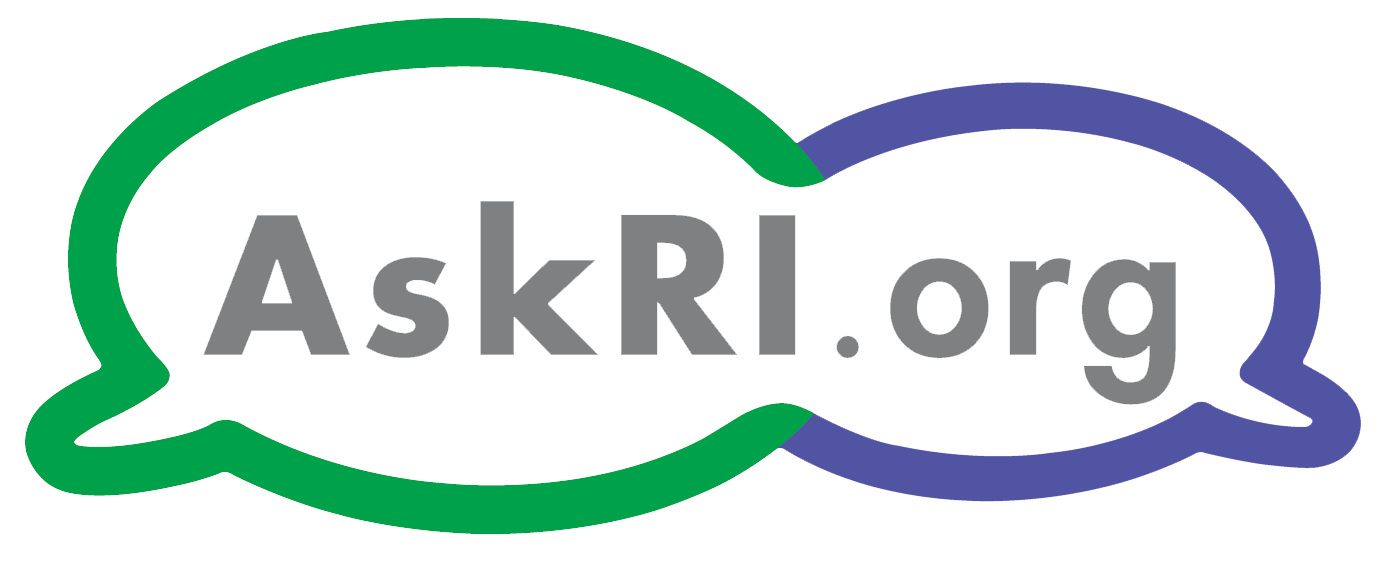Pond Closed: The pond in Wilcox Park is closed for skating for the season.
Westerly Sun Column | Freedom to Read, Space to Grow
October 06, 2025
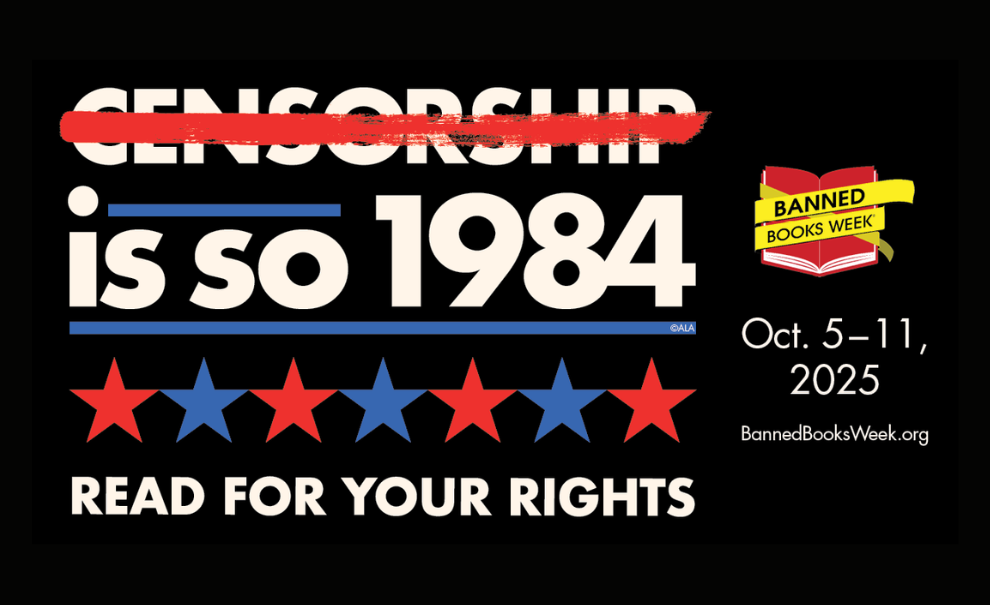
There has been much talk about censorship and freedom of speech in the news lately, so it is perhaps fitting that it is also time to celebrate Banned Books Week.
This annual awareness campaign began in 1982 as a response to a surge in book challenges, largely aimed at libraries, bookstores, and schools. More than four decades later, we continue to face such challenges, and continue to take this week to promote intellectual freedom: the freedom to seek out and to express ideas without restriction. This year, Banned Books Week takes place from October 5-11, and the theme is “Censorship Is So 1984 — Read for Your Rights”.
The phrase “banned books” can be a bit confusing to some, as they imagine large-scale book burnings outside Barnes and Noble, or nationwide laws prohibiting certain books from being read. In reality, book bans and challenges are often a bit less dramatic, but I would argue that they are no less dangerous.
Book challenges refer to attempts to remove or restrict access to specific materials. Often, this occurs when a person or group of people object to the content of a book in a library, and formally request that it be removed. Books are considered banned when they are entirely removed from a collection – such as a public or school library – in response to a challenge.
Throughout the years, many books that we now consider classics have been the target of challenges. James Joyce’s “Ulysses” was banned on the grounds that it could cause readers to harbor “impure and lustful thoughts”, while “The Grapes of Wrath”, by John Steinbeck was attacked for its use of profanity. More recently, books with LGBTQ+ characters and themes are common targets for challenges, such as Maia Kobabe’s “Gender Queer”, and “All Boys Aren’t Blue,” by George M. Johnson. The American Library Association (ALA) maintains a list of book challenges and bans reported in the United States, which is available on their website. Unfortunately, since many challenges are not publicly reported, this list represents just a snapshot of the true censorship taking place.
Westerly Library and Wilcox Park staunchly opposes book censorship, and believes that libraries should provide access to recreational and educational materials representing a wide variety of topics and points of view, without restriction.
We recognize that not everyone agrees with us, but, for those that do, we have some wonderful handouts at the library this week that outline different actions you can take to defend books from censorship. And, as always, we have an amazing collection of entertaining, thought-provoking, and – yes – even controversial books that are available for check out.
by Cassie Skobrak, Adult Services Librarian




